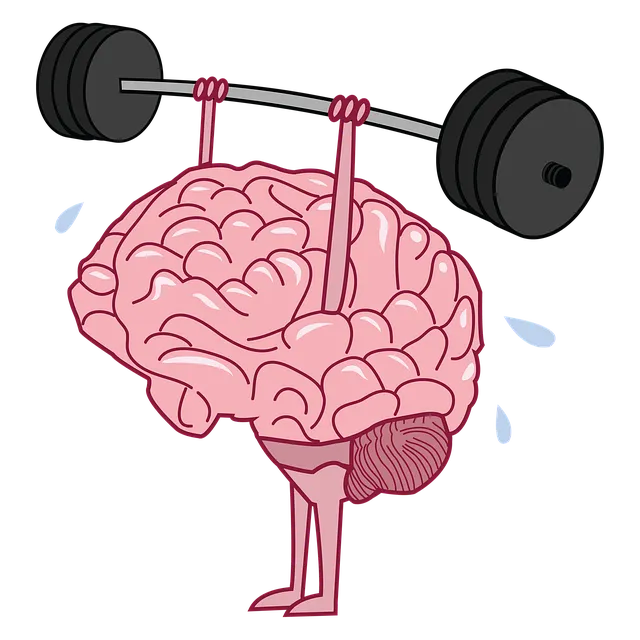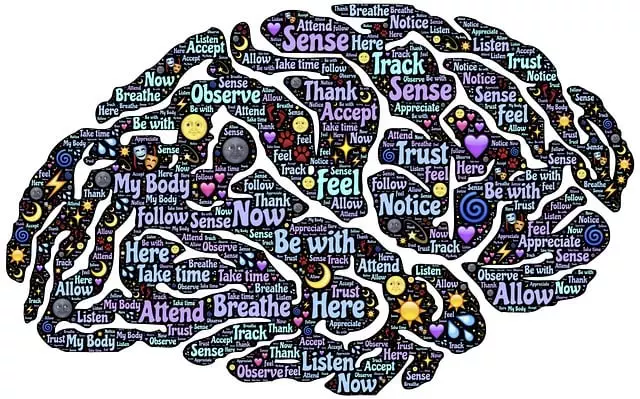Mental wellness self-assessment tools, guided by studies like the Kaiser Permanente behavioral health services reviews in Englewood, offer evidence-based insights for improved psychological well-being. These tools, regularly updated and tailored to diverse populations, help manage stress, prevent depression, and build confidence through holistic approaches like education, self-esteem improvement, and mindfulness. By analyzing user feedback, these assessments enhance mental wellness outcomes, with Kaiser Permanente setting a standard for continuous improvement in healthcare. Incorporating such tools in urban communities addresses unique challenges, promoting culturally sensitive interventions and proactive care through personalized coaching programs. Effective implementation and evaluation strategies ensure success, fostering continuous learning and self-care practices for better mental health.
Mental wellness self-assessment tools play a pivotal role in identifying and addressing mental health concerns. This article explores the development and impact of such tools, focusing on a case study of Kaiser Permanente Behavioral Health Services’ reviews and their application in Englewood communities. We delve into effective assessment strategies tailored to these areas, highlighting implementation and evaluation methods that enhance mental health support. By examining these approaches, we aim to revolutionize mental wellness assessments, ensuring accessible and impactful care for all.
- Understanding Mental Wellness Self-Assessment Tools
- Kaiser Permanente Behavioral Health Services Reviews: A Case Study
- Developing Effective Assessment Tools for Englewood Communities
- Implementation and Evaluation Strategies for Enhanced Mental Health Support
Understanding Mental Wellness Self-Assessment Tools

Mental Wellness Self-Assessment Tools play a pivotal role in individuals’ journey toward better mental health and well-being. These tools are designed to provide a comprehensive understanding of one’s psychological state, helping them recognize potential issues early on. By employing evidence-based methods, these assessments offer insights into various aspects of mental wellness, including stress management, depression prevention, and building confidence.
The development process often involves collaborating with experts in behavioral health, drawing inspiration from initiatives like the Kaiser Permanente behavioral health services reviews Englewood. These reviews highlight successful strategies for creating accessible and effective tools that can be tailored to diverse populations. Incorporating user feedback ensures these assessments remain relevant, ensuring they address contemporary mental health challenges while promoting proactive care.
Kaiser Permanente Behavioral Health Services Reviews: A Case Study

Kaiser Permanente Behavioral Health Services Reviews from Englewood offer a valuable case study for understanding effective mental wellness self-assessment tools development. This healthcare organization has consistently received high marks for its comprehensive approach, integrating various therapies and programs like Mental Health Education, Self-Esteem Improvement initiatives, and Mindfulness Meditation practices. Their reviews highlight the importance of tailored interventions that cater to individual needs.
By examining patient feedback, Kaiser Permanente’s case study demonstrates how accessible and evidence-based self-assessment tools can significantly enhance mental wellness outcomes. The organization’s commitment to continuous improvement ensures their programs are not just reactive but proactive in addressing the evolving needs of their clientele, setting a benchmark for other healthcare providers seeking to optimize their behavioral health services.
Developing Effective Assessment Tools for Englewood Communities

Englewood communities, like many urban areas, face unique challenges when it comes to mental wellness. Developing effective self-assessment tools tailored to these environments is a strategic step towards addressing these issues. The integration of Kaiser Permanente behavioral health services reviews can offer valuable insights into the specific needs and concerns within Englewood. By understanding the cultural nuances and barriers that residents may face, community health workers can design assessments that foster resilience building and promote mental wellness coaching programs development.
These tools should incorporate self-awareness exercises to help individuals recognize their emotional states and triggers. Such exercises can empower residents to take proactive measures in managing their mental health. Moreover, the assessment process must be inclusive and sensitive to cultural differences, ensuring that it resonates with diverse populations within Englewood. This community-centric approach aligns with the goal of enhancing mental wellness, as highlighted by Kaiser Permanente behavioral health services reviews, ultimately leading to more effective interventions and improved overall well-being.
Implementation and Evaluation Strategies for Enhanced Mental Health Support

The development of mental wellness self-assessment tools should be accompanied by robust implementation and evaluation strategies to ensure their effectiveness in enhancing mental health support. One model that can inform this process is the approach used by Kaiser Permanente behavioral health services reviews Englewood, which focus on integrating these tools into existing healthcare systems. By embedding self-assessment tools into routine patient care, healthcare providers can facilitate ongoing monitoring of mental wellness, enabling early intervention and personalized treatment plans.
Evaluating these strategies involves assessing not only user satisfaction but also the impact on clinical outcomes. This includes tracking reductions in stress levels through Stress Reduction Methods and improvements in overall mental health. Additionally, the production of a Mental Wellness Podcast Series can serve as an innovative way to disseminate self-care practices and promote continuous learning among users. Incorporating feedback from both patients and healthcare professionals will be crucial for refining these tools and ensuring they cater to diverse needs, ultimately contributing to a holistic Self-Care Routine Development for Better Mental Health.
Mental wellness self-assessment tools play a pivotal role in empowering individuals to take charge of their mental health. As demonstrated through case studies like Kaiser Permanente Behavioral Health Services reviews in Englewood, these tools can effectively identify needs and guide tailored interventions. By adopting evidence-based practices and implementing evaluation strategies, communities like Englewood can enhance mental health support systems, fostering overall well-being and resilience among residents.






